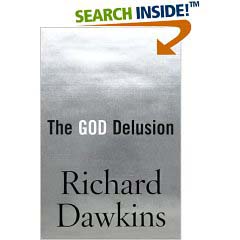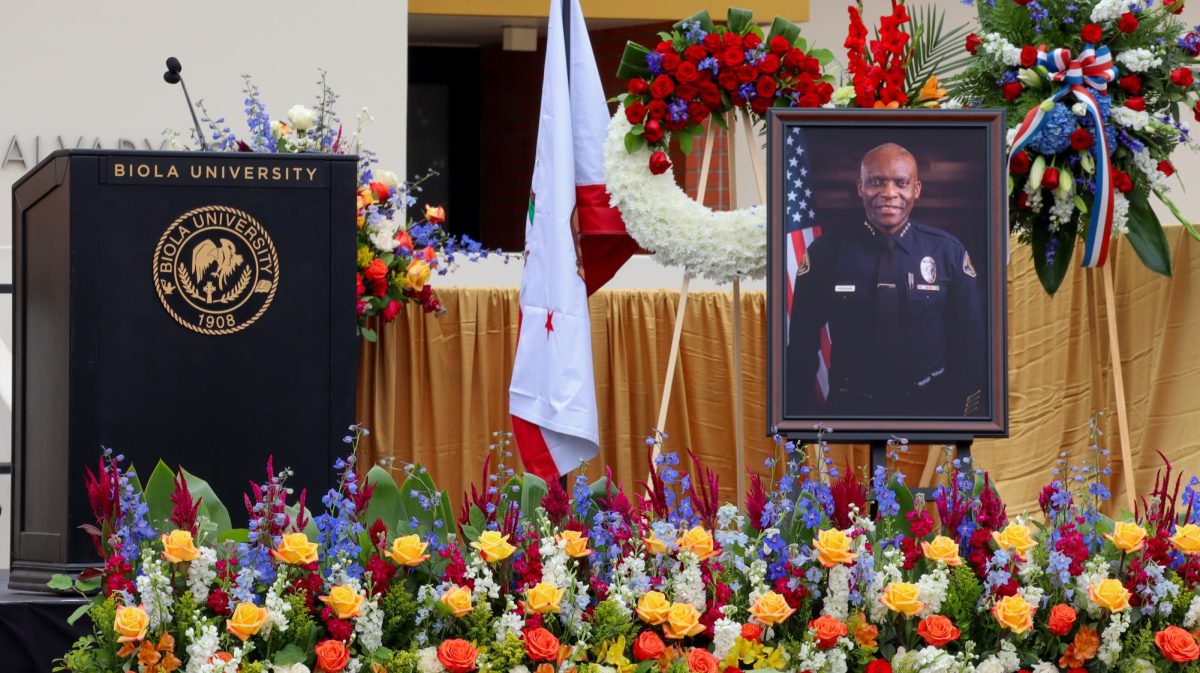I decided to take a Bible elective for the first time this semester. One class in particular struck me as most likely to be terribly interesting: The New Atheism, a 400 class was being offered for the first time at Biola University.
The class is structured to point out the flaws in mainstream atheist thought. I think it’s a wonderful class, and something I wouldn’t expect from Biola. I want to take the joy of this class and inspire us to build from it. We need to dig deep into what the modern world is thinking. We need to read the popular texts and find their flaws.
Dr. Geivett, professor of the course, sees the importance of a course like the New Atheism at Biola.
“Biola needs to be a place where we can wrestle with our own questions without feeling judged,” Geivett said. “I’ve tried to keep that spirit alive in this course.”
I praise Biola and the instatement of this class and ask for more like them. As an underclassman, I found myself bothered by the lack of interactive Bible courses in my first year at school.
I still have a problem with how large most Bible classes are. I don’t think it allows for much discussion. For my personal growth, I need close relationships, small environments and personal interaction with professors. That is how I learn best, how I grow the most. You just don’t get this in most Bible courses at Biola, at least not until the very end of your education.
I see the atheism class as a step in the right direction. Granted, it’s still a large lecture environment, and there isn’t much teacher/student interaction. But this class still steps outside the box. It forces students to think outside of the things we’ve been taught all of our lives. We have learned in the class that we need a new way of thinking and reasoning if we are going to combat the new atheism.
“One of the great dangers is that people will be fooled by arguments that sound good but don’t hold up. In this class, I’ve worked hard to help students get better at reading, finding an argument that is buried in clever rhetoric, and recognizing the flaws. I suspect that most of Dawkins’ readers don’t have these basic skills,” Geivett said.
We had to read Richard Dawkins, a leading atheist scientist, as he calls himself. His New York Times Bestseller, “The God Delusion,” is a widely read text around the world.
Our assignment in the class was to read his book and find its flaws. We are required to dig in to the text, break down or “shuck” his arguments, and exploit their falsehood. Dawkins is really good at sounding cool. He litters his text with big words and condescending overtones, always attempting to belittle religious faith into nothing. But his actual arguments and opinions are quite weak and misguided. The man has an agenda, and is not afraid to say terrible things about God, the church, anything at all to “prove” his point.
Blockquote
Dawkins is full of fluff; he makes grand statements but delivers no redemption. We must be equipped enough to see through it and point to the truth.
Blockquote
Even with the rising interest by the public in works of Dawkins and others like him (Hitchens, Harris), Geivett has provided us with a class to persist and see the good in it.
“’Celebrity atheism,’ as I call it, has a silver lining. Books by Richard Dawkins and Sam Harris and Christopher Hitchens attract attention to issues of belief in God and the rationality of Christian conviction,” Geivett said. “That’s a good thing. Honest and diligent inquirers will seek out responses by equally thoughtful believers. And when they do, they’ll see that this celebrity atheism business is a lot of smoke and mirrors.”
The New Atheism class was a great experience, and I encourage Biola to continue to offer classes like it. It is terribly important to me that Biola students are challenged and confronted, just as we were in this class.







